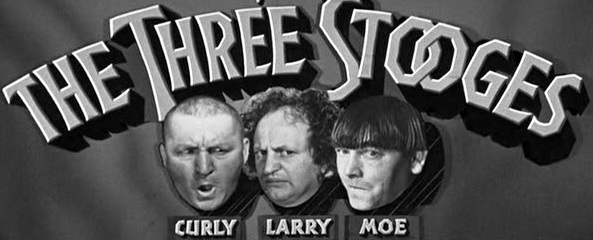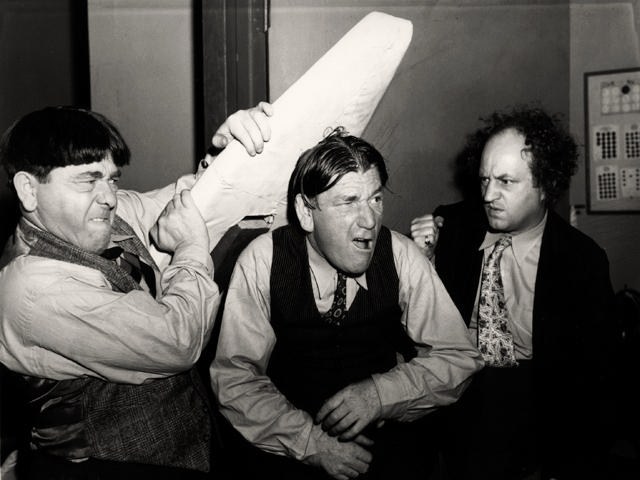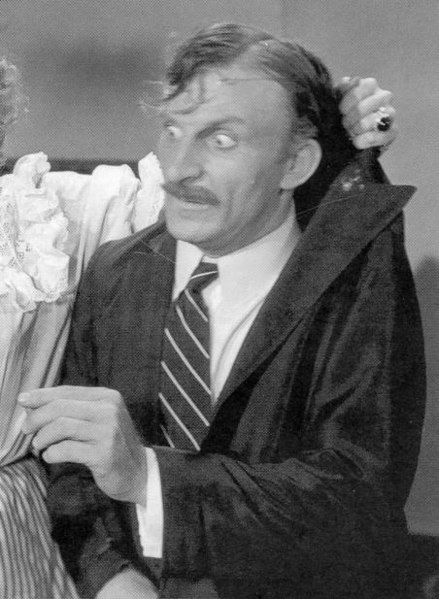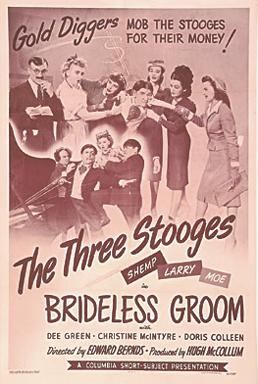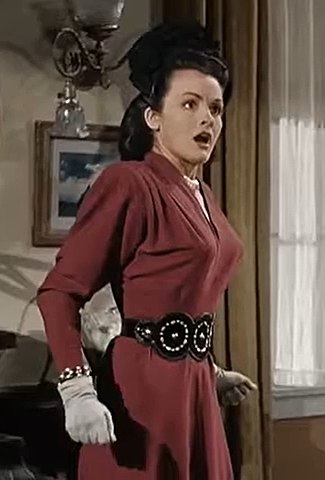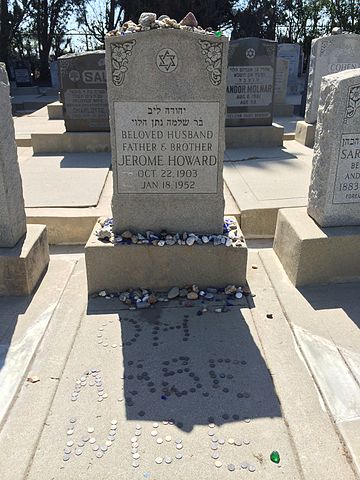A uniquely American institution.
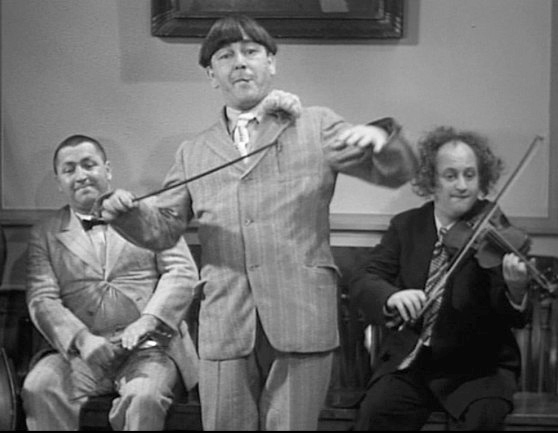
Columbia quickly designated “Women Haters” as the Stooges first project. They play travelling salesmen who vow never to get married or even romantically involved. This predictably does not last very long with each Stooge eventually charmed by actress Marjorie White and Larry married to Marjorie. The studio was encouraged enough by this production to green light additional films.
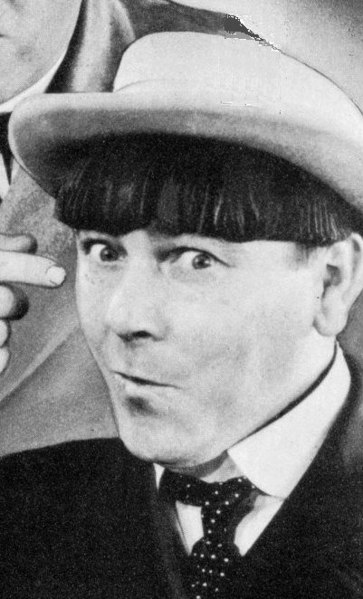
Of the six individuals who eventually comprised the Three Stooges, three members came from the same family. The fourth oldest brother from this family, Moses Harry Horwitz was born on June 19, 1897. Adopting the stage name of Moe Howard, he was the ringleader of the Stooges both during their act and in the various business affairs and negotiations that were an integral part of any autonomous show business enterprise.
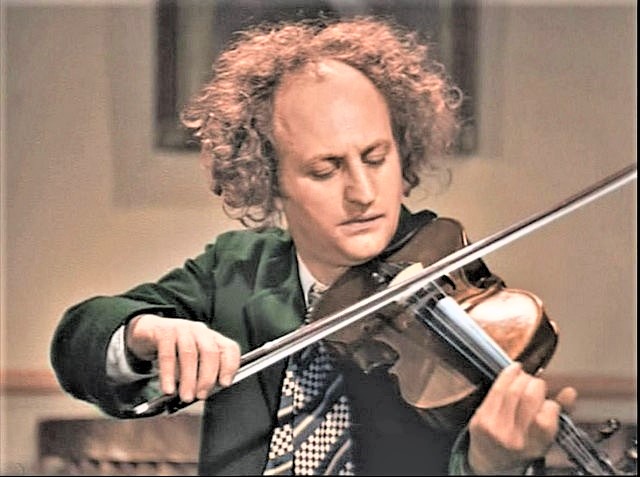
Born Louis Feinberg, in Philadelphia on October 5, 1902. Aka, Larry Fine, this individual started his career as a talented violinist who Ted Healy signed up for his revue. Eventually, Larry stopped performing as a musician and teamed up comedically with the two Howard brothers.
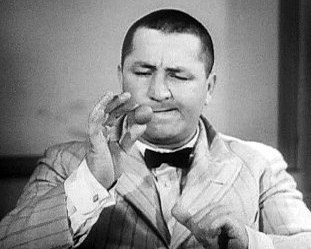
Although legend has it that because of a lack of experience, Moe was not initially enthusiastic about Jerome, nicknamed “Babe,” by his family as the youngest of the five Horwitz brothers, joining the Stooges, in fact he suggested his brother to Healy. Although Babe had no real acting or comedic experience, he did spend most of his free time watching his brothers rehearsing and performing and he was quite familiar with their act. When Ted Healy was approached about this potential addition, he suggested that Jerome shave off his wavy hair and full mustache and assume the name Curly. Somewhat quiet and reserved, Jerome Howard quickly became a mainstay of the Stooges, improvising strange mannerisms and vocal sounds that established his unique identity and popularity.
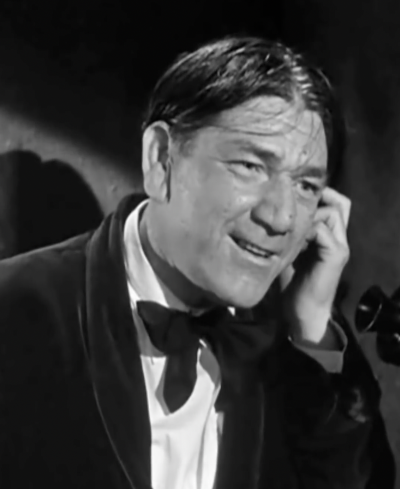
Although Moe did not rule out Curly’s eventual return, he immediately floated the idea of replacing him with Shemp Howard. Shemp was in the midst of a reasonably successful career as a contract player appearing in numerous studio produced comedies, most notably in The Bank Dick with WC Fields but he quickly agreed to replace his brother in what was initially supposed to be a temporary fix. As stipulated in their original agreement, Moe submitted a letter to Curly, formalizing Shemp’s temporary replacement which was signed in September of 1946.
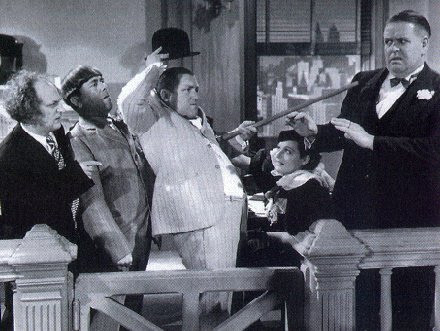
Podcast: Play in new window | Download
Subscribe: RSS

